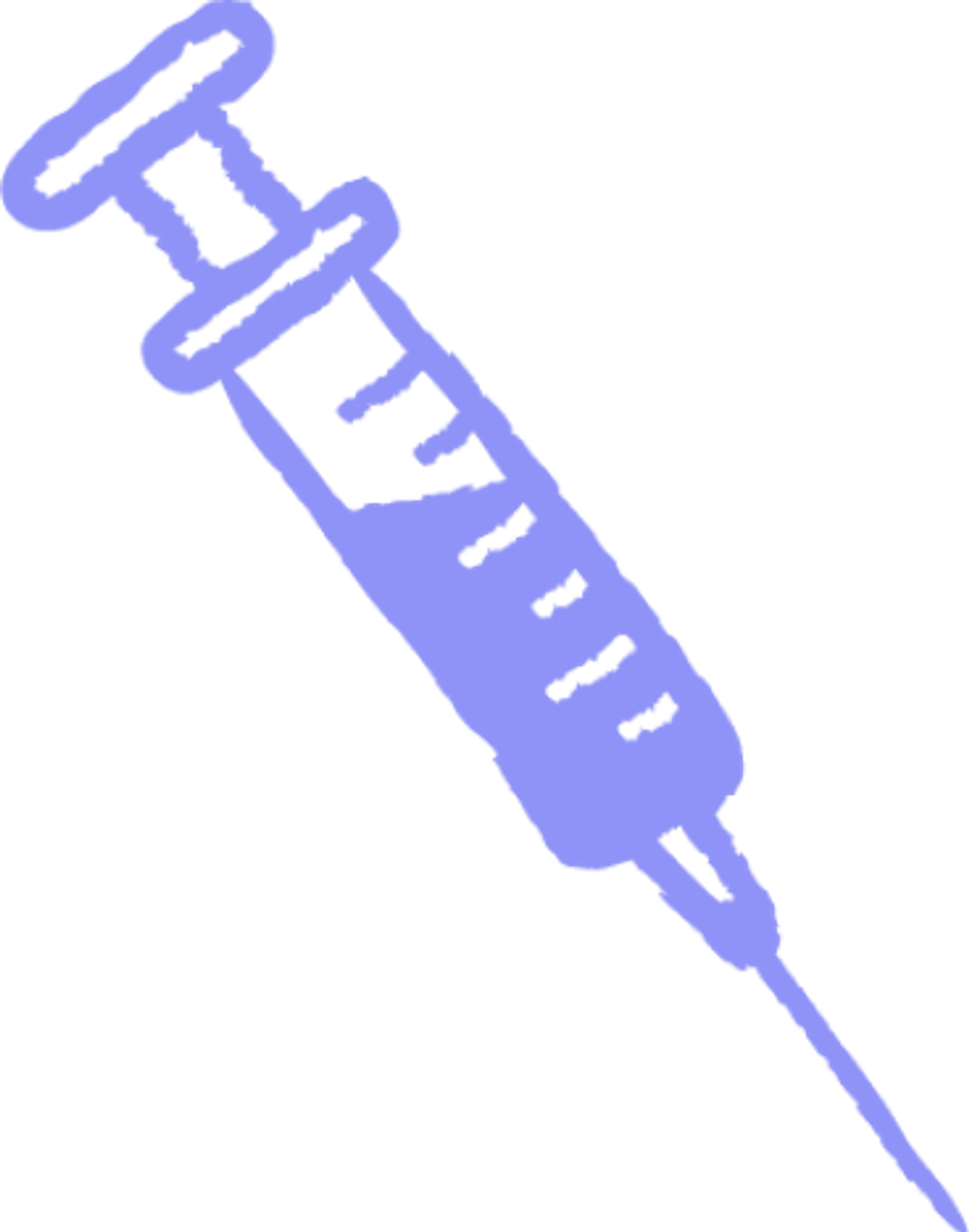Plasma 101
Who: Eligible donors between 18 and 64 can earn up to $560 a month in NY and up to $770 a month in FL.
What: Plasma is the yellow part of your blood that replenishes naturally.
Where: Queens, Brooklyn, The Bronx (NY), and Ft. Pierce (FL).
Why: Get paid to donate and help treat bleeding disorders, immune deficiencies, and more.
When: No appointment needed—walk in anytime before closing.
Decoding the Plasma Donation Process
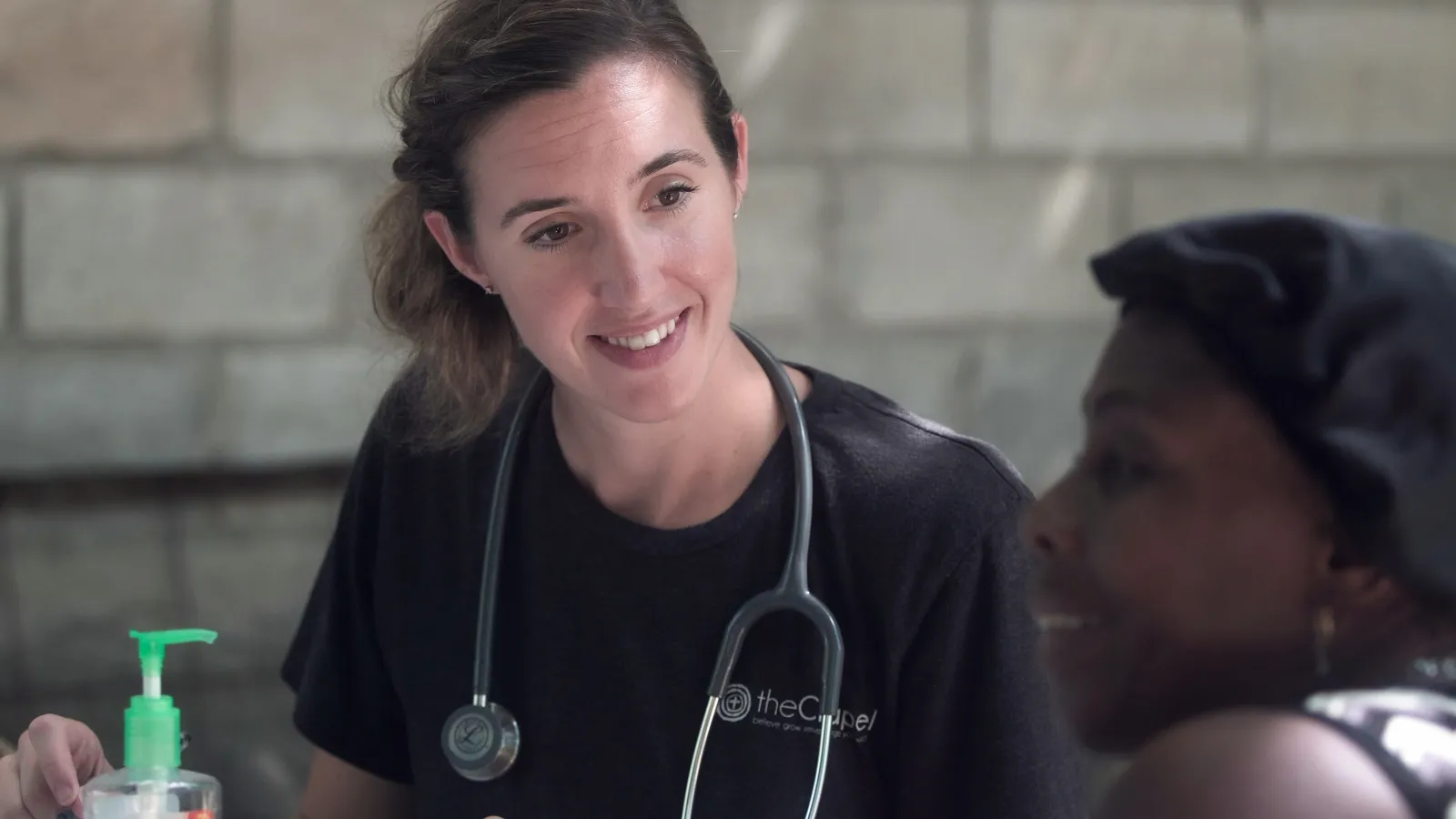
Curious about donating plasma but unsure where to start? Let’s break it down for you. Plasma donation is a vital part of modern healthcare, providing resources for life-saving treatments and therapies. Plasma, the liquid part of your blood, is packed with proteins and antibodies that support essential functions like blood clotting and immune responses. It’s used to treat patients with severe burns, trauma, and chronic conditions such as hemophilia and immune deficiencies.
Your plasma donation doesn’t just stop at helping one person—it has a ripple effect. For patients with rare diseases, plasma-derived therapies are often their only hope, helping manage symptoms and improve quality of life. That’s why plasma is such a valuable resource in the medical field.
At Olgam Life, we’re proud to ensure a steady supply of plasma through our dedicated donation centers, making it easy for you to contribute to this life-saving process.
This guide will walk you through the donation process step by step, from understanding what plasma donation involves to becoming a regular donor. By making it simple and highlighting the positive impact, we aim to inspire you to take part. Together, we can make a real difference in our communities and the healthcare system.
Step by Step Guide to Plasma Donation
What is Plasma Donation?
Plasma is the clear, straw-colored part of your blood that’s left after removing red and white blood cells and platelets. It helps carry nutrients, hormones, and proteins throughout your body, supports blood clotting, and keeps your body balanced. Plasma is essential for overall health.
Unlike donating whole blood, plasma donation focuses on this liquid part. During the process, blood is drawn, a machine separates the plasma, and the rest of your blood is returned to your body. This safe process, called plasmapheresis, helps create life-saving therapies for people with clotting disorders, immune deficiencies, and other serious conditions. By donating regularly, you help ensure there’s enough plasma for those who need it most.
Eligibility Criteria for Donors
To ensure donor safety and the quality of plasma collected, specific eligibility criteria must be met:
Age: Donors typically need to be between 18 and 69 years old.
Weight: A minimum weight of around 110 pounds is generally required.
Health Requirements: Donors should be in good overall health and pass a pre-donation health screening.
Certain conditions or medications may exclude you from donating. For example, people with chronic illnesses like diabetes or heart disease, or those on blood thinners, might not be eligible. It’s always a good idea to check with the donation center for specific guidelines.
Tips for a Great Donation Experience
To make your plasma donation smooth:
- Stay hydrated and drink lots of water before your appointment.
- Eat a protein-rich meal—think lean meats, eggs, or beans.
- Avoid fatty foods and alcohol, as they can affect the quality of your plasma.
With a little preparation, plasma donation is an easy way to make a big impact.
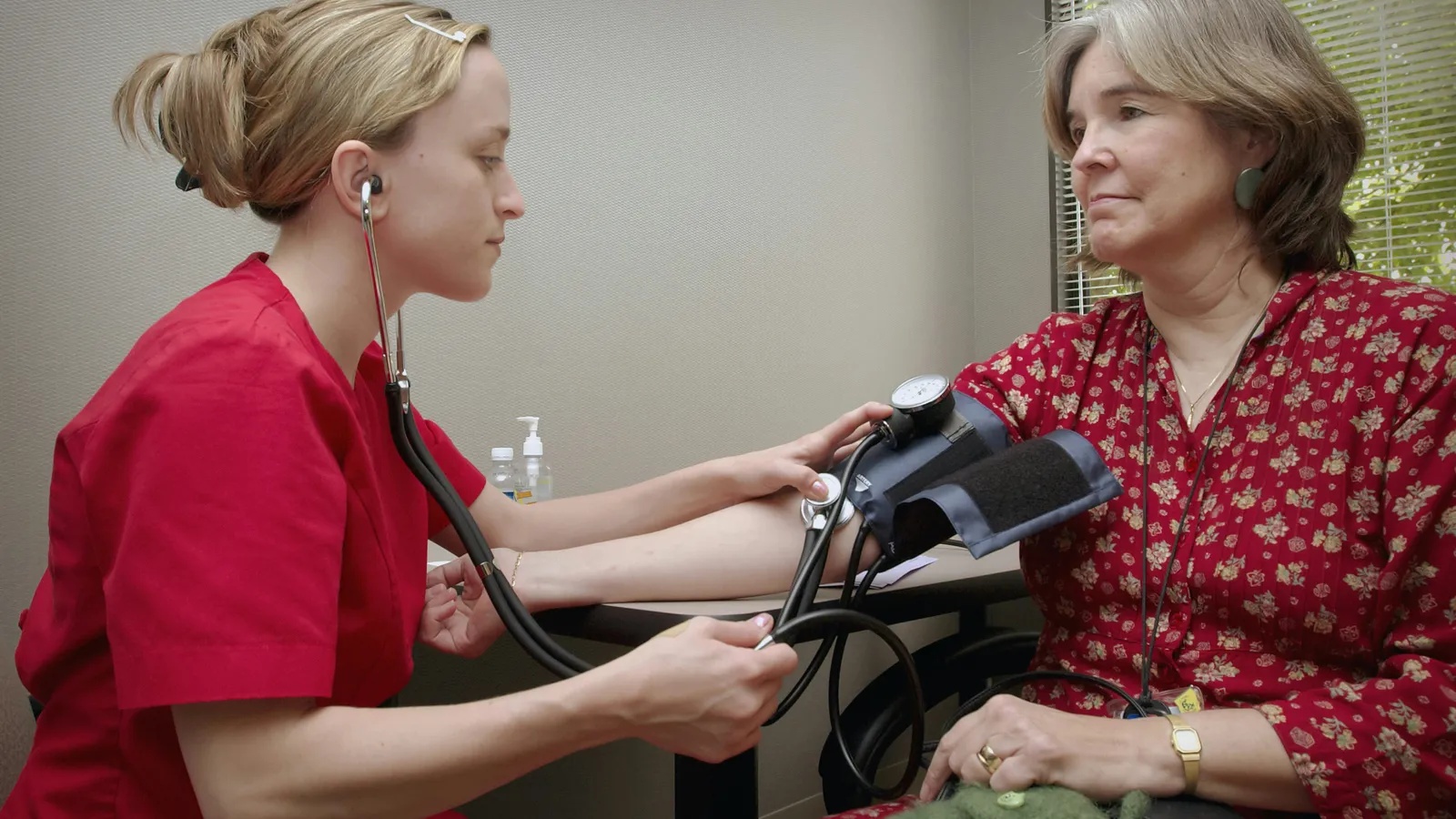
The Donation Process
The plasma donation process is straightforward and involves several key steps:
Registration and Medical Screening: Donors provide personal information and undergo a brief health screening, including a review of their medical history and a physical examination.
Hemoglobin and Protein Level Testing: A small blood sample is taken to ensure the donor’s hemoglobin and protein levels are within the required range.
Plasma Collection through Plasmapheresis: Blood is drawn from one arm, and a machine separates the plasma from the rest of the blood components, which are then returned to the donor through the other arm.
Recovery and Post-Donation Care: Donors are advised to rest for a short period, have a snack, and hydrate. Most centers have a comfortable recovery area where donors can relax after the procedure.
A typical plasma donation session lasts about 90 minutes, including registration, screening, and recovery time.
Post-Donation Care and Recovery
Proper care after donation is crucial for a quick recovery. Here are some tips:
Stay Hydrated: Drink plenty of water and non-caffeinated beverages for the next 24 hours.
Rest: Avoid strenuous activities or heavy lifting for at least 24 hours post-donation.
Diet: Consume iron-rich foods like spinach and lean meats to replenish any iron lost during the process.
It's also best to avoid alcohol for the rest of the day, as it can dehydrate your body and slow recovery. By following these guidelines, donors can help ensure a safe and positive donation experience.
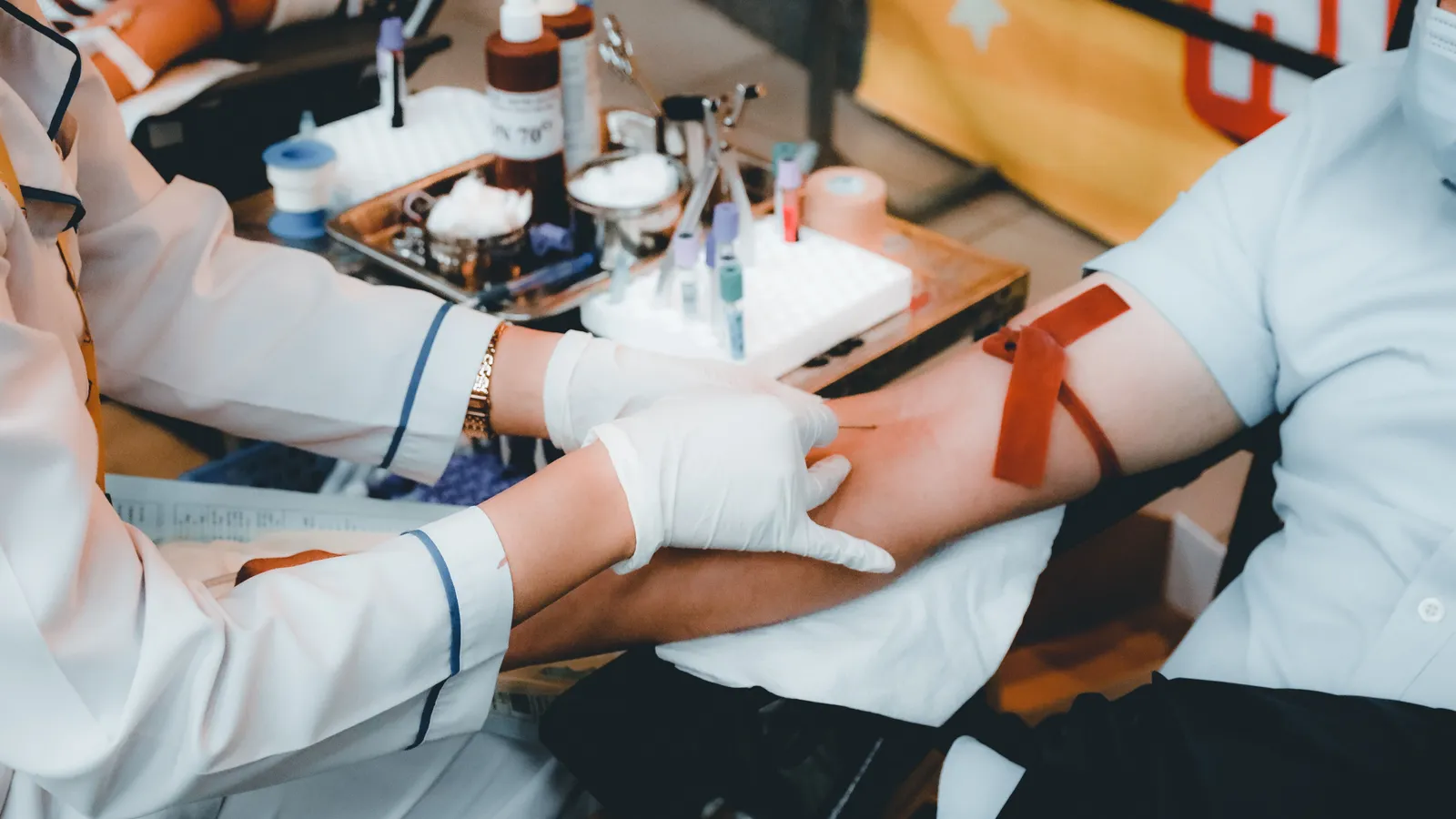
Making Plasma Donation a Regular Practice
Benefits of Regular Plasma Donation
Donating plasma on a regular basis offers multiple benefits for both the donor and the wider community. For donors, regular plasma donation has been associated with improved cardiovascular health and a reduction in cholesterol levels. The act of donating can also promote a healthier lifestyle, as donors are encouraged to maintain good hydration and nutrition to meet eligibility requirements.
Beyond personal health benefits, regular plasma donors play a key role in supporting the healthcare system. Consistent plasma donations help maintain a stable supply of plasma for medical treatments and research. This stability is essential for developing therapies that treat life-threatening conditions, ensuring that patients receive the care they need without interruption.
Overcoming Common Barriers
Although plasma donation has many benefits, some people hesitate due to common myths. Many worry the process might be painful or harmful in the long run, but these concerns are mostly untrue. Plasma donation is safe, and any discomfort is usually mild and brief.
Time constraints can also be a challenge, as sessions may take up to 90 minutes. To make it easier, consider scheduling appointments ahead of time or donating during weekends. Many centers offer flexible hours to fit different schedules.
Incentives and Rewards for Donors
Plasma donation centers often provide rewards to encourage regular participation, such as:
- Financial Compensation: Many centers pay for each donation, which can be a useful income boost.
- Health Monitoring: Regular donors receive routine health checks, helping them track their well-being.
- Community Programs: Some centers organize donor events and recognition programs, fostering a sense of community and purpose.
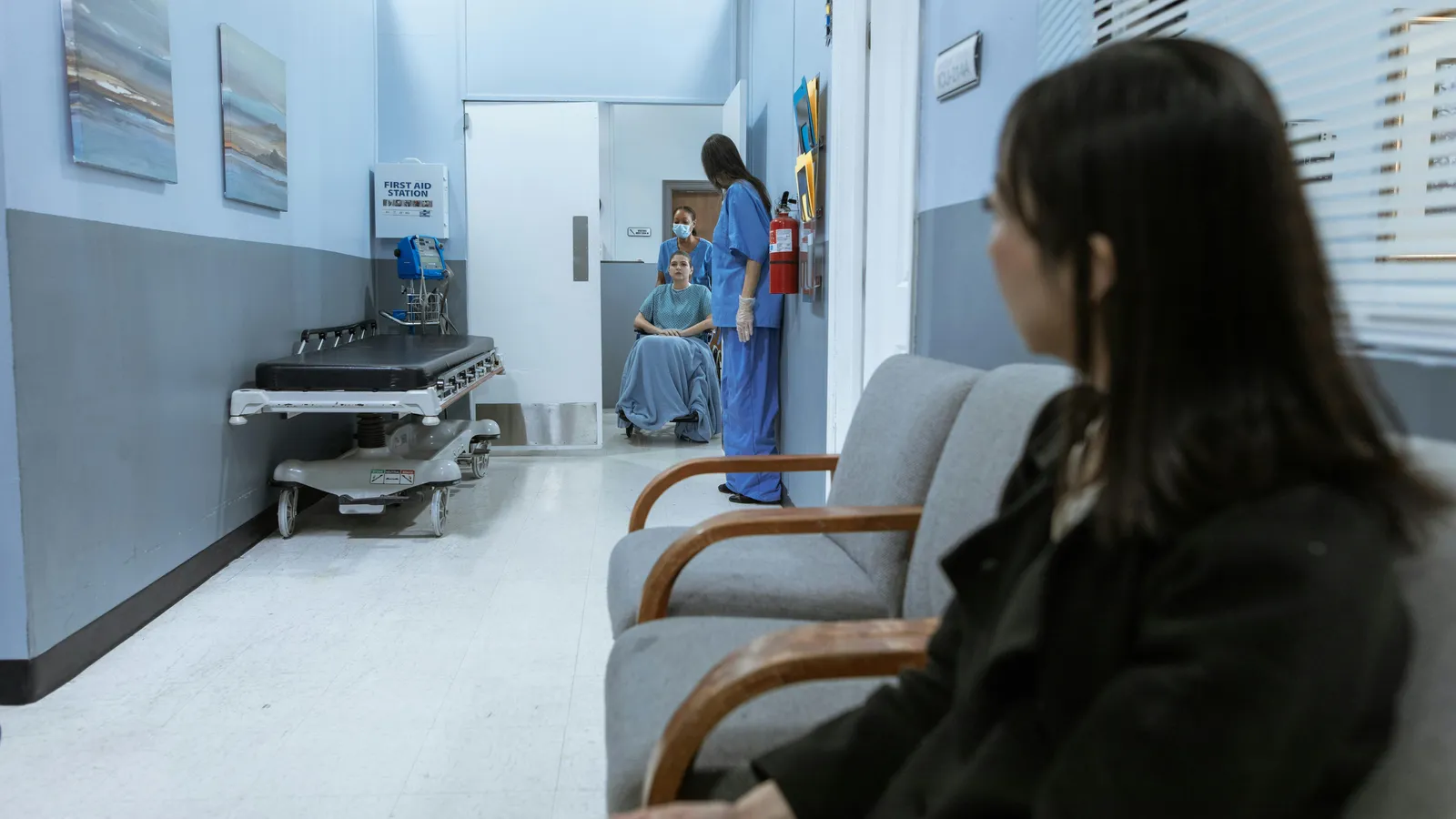
Tips for First Time Donors
Preparing for Your First Donation
Taking the first step for your first plasma donation is simple with a little preparation. Eat a balanced, protein- and iron-rich meal—like lean meats, beans, or spinach—to keep your energy up and support the donation process. Staying hydrated is just as important, so drink plenty of water in the 24 hours before your appointment. Avoid alcohol and caffeine, as they can dehydrate you and impact the donation.
Don’t forget to bring key documents, including a valid photo ID (like a driver’s license or passport). New donors may also need to provide proof of their Social Security number or equivalent, so check with the center ahead of time to confirm.
What to Expect at the Donation Center
At the donation center, the process begins with registration to collect your personal details. You’ll then have a quick health screening, where your vital signs and hemoglobin levels are checked to ensure it’s safe for you to donate.
Once cleared, you’ll be seated comfortably for plasma collection. The entire visit typically lasts about 90 minutes. If you have questions or concerns, the center’s trained staff will be there to assist and make your experience as smooth as possible.
Recovery Tips for New Donors
To recover quickly after donating plasma, follow these simple tips:
- Stay Hydrated: Drink water or electrolyte-rich beverages.
- Take It Easy: Avoid heavy exercise for 24 hours.
- Eat Iron-Rich Foods: Replenish your iron with foods like red meat, beans, and fortified cereals.
With these steps, you’ll recover quickly and be ready for your next donation.
Plasma donation is a quiet yet powerful way to help save lives. This simple process, known as plasmapheresis, takes about 90 minutes and can easily fit into your routine. By donating regularly, you’re helping provide vital plasma for patients with chronic illnesses or those in urgent need of care.
It’s not just about giving back—donating plasma comes with benefits for you, too! Regular health screenings help you stay on top of your wellness, and you’ll be making a real difference in your community.
Why not take the first step today? Visit your nearest Olgam Life donation center to learn more about how you can become a plasma donor. Every donation matters—let’s make it count! Contact us for more information!


